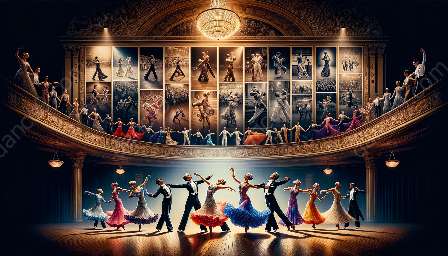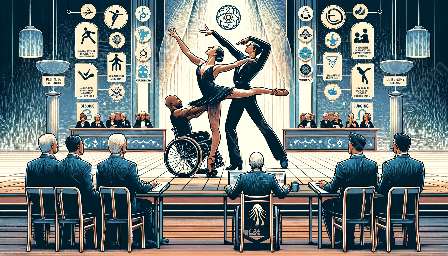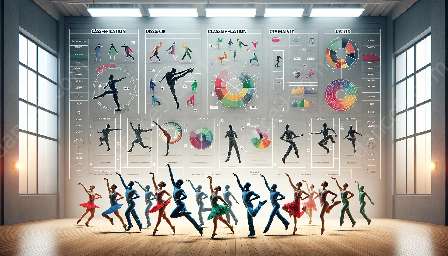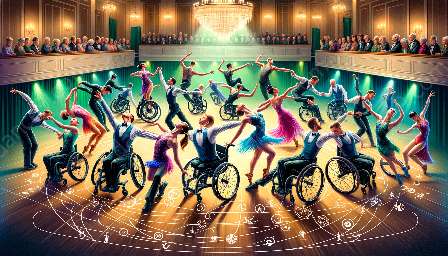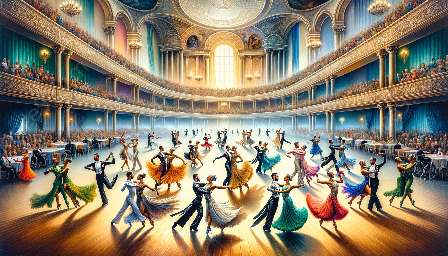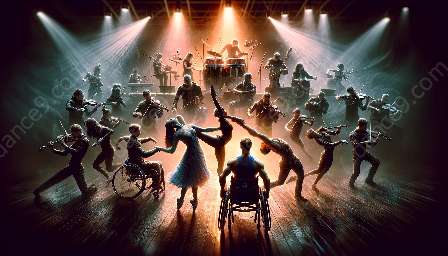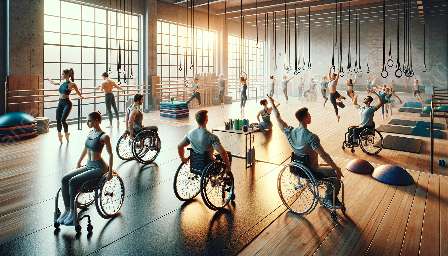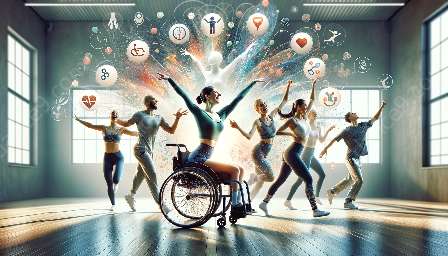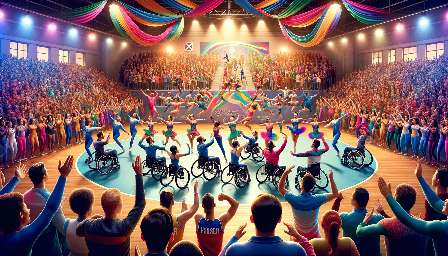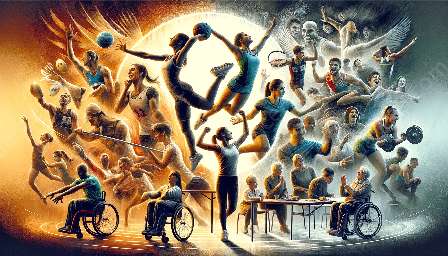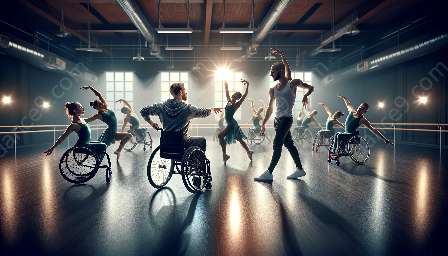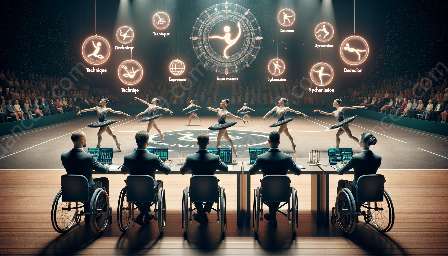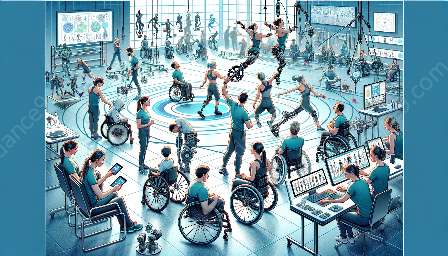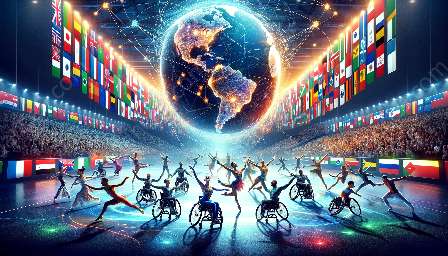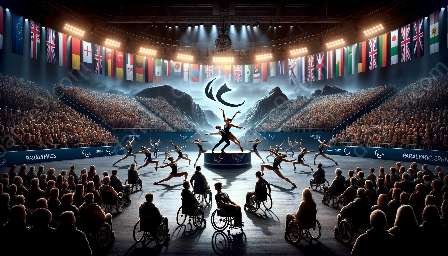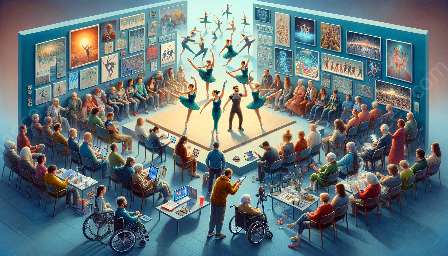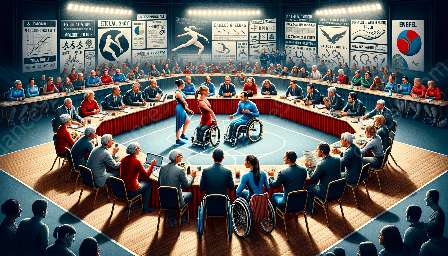Teaching music to Para Dance Sport athletes is a vital aspect of their training and performance. In this comprehensive guide, we will explore the role of music in Para Dance Sport and its impact on the World Para Dance Sport Championships.
Role of Music in Para Dance Sport
Music is an integral part of Para Dance Sport, enhancing the athletes' rhythm, performance, and overall experience. It plays a crucial role in setting the tone and creating a captivating atmosphere for both the dancers and the audience. The role of music in Para Dance Sport goes beyond mere accompaniment, as it directly influences the athletes' movements and emotions.
When teaching music to Para Dance Sport athletes, it is essential to understand the specific requirements and nuances of the sport. The music should complement the various dance styles and categories within Para Dance Sport, including wheelchair dancing, standing dancing, and combi dance.
The tempo, rhythm, and musicality are carefully chosen to align with the movements and choreography, enhancing the athletes' performance and elevating the artistic expression of their dance routines. Additionally, music serves as a source of motivation and inspiration for athletes, driving their passion and determination to excel in their sport.
Moreover, music empowers Para Dance Sport athletes to communicate and connect with their audience on a profound emotional level. It creates a powerful synergy between the dancers and the spectators, fostering an inclusive and engaging environment that transcends physical abilities.
Benefits of Teaching Music to Para Dance Sport Athletes
Teaching music to Para Dance Sport athletes offers a myriad of benefits that significantly contribute to their development and success in the sport. One of the primary benefits is the enhancement of coordination and timing, as athletes synchronize their movements with the musical rhythm, mastering control and precision in their performances.
Furthermore, music serves as a tool for improving memory and cognitive function, as athletes memorize complex dance routines and interpret musical cues, fostering mental agility and focus. The emotional and psychological benefits of music cannot be overlooked, as it instills confidence, joy, and a sense of fulfillment in athletes, contributing to their overall well-being.
When teaching music to Para Dance Sport athletes, instructors prioritize individualized learning approaches, tailoring the musical experience to accommodate diverse abilities and preferences. This inclusive teaching method promotes teamwork, camaraderie, and mutual support among athletes, nurturing a collaborative and positive learning environment.
World Para Dance Sport Championships
The significance of music in Para Dance Sport is prominently showcased in the World Para Dance Sport Championships, where athletes from around the globe converge to compete at the highest level. The Championships serve as a celebration of talent, skill, and determination, with music being an essential component that elevates the athletes' performances.
At the World Para Dance Sport Championships, the role of music becomes even more pronounced, as it sets the stage for artistic expression and technical precision. The carefully curated musical accompaniments create an immersive experience for both the competitors and the audience, fostering a dynamic and engaging atmosphere that transcends cultural boundaries.
Moreover, the Championships exemplify the power of music as a unifying force, bringing together athletes of diverse backgrounds and abilities, all sharing a common passion for Para Dance Sport. The music serves as a universal language that enables athletes to connect with one another and with the global community, fostering inclusivity and understanding.
In conclusion, teaching music to Para Dance Sport athletes is a multifaceted endeavor that encompasses artistic, physical, and emotional dimensions. It plays a pivotal role in enhancing the athletes' performance, fostering a sense of community and inclusivity, and highlighting the universal appeal of Para Dance Sport. As we continue to recognize the significance and benefits of music in this captivating sport, we reaffirm its integral position in shaping the experiences of athletes and audiences alike.

